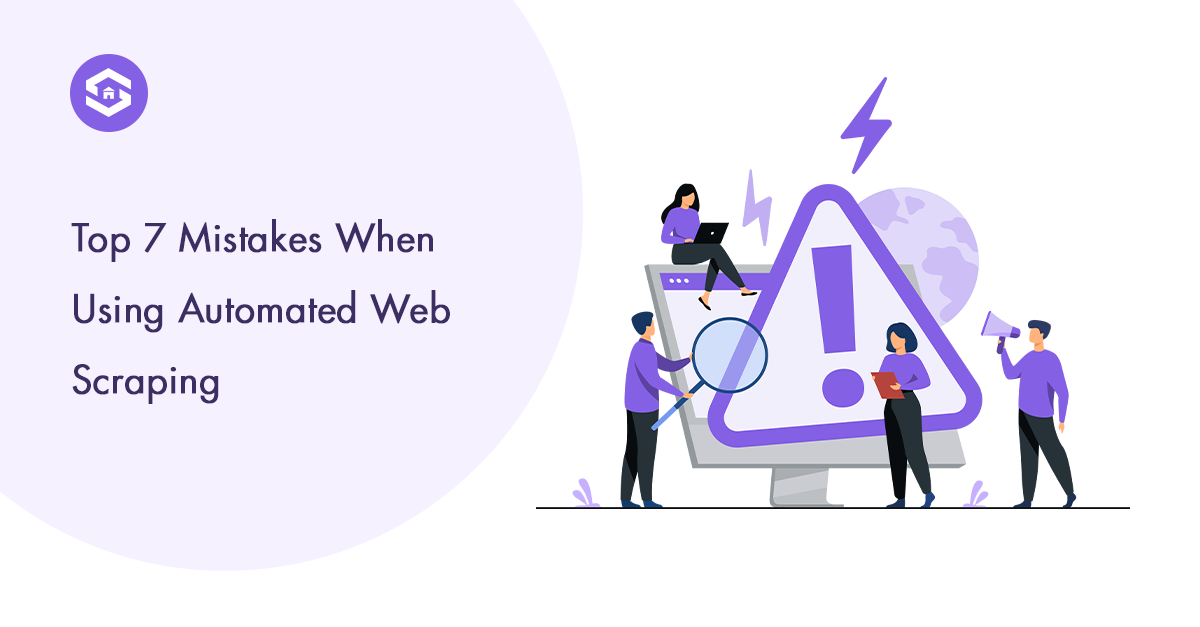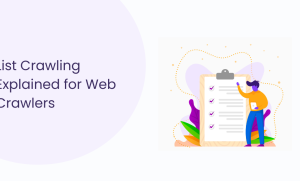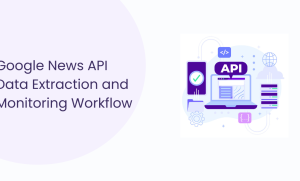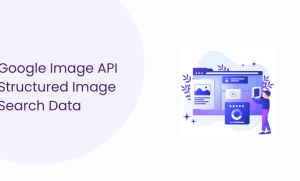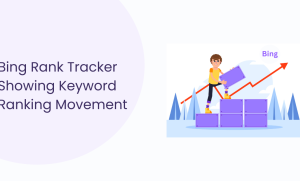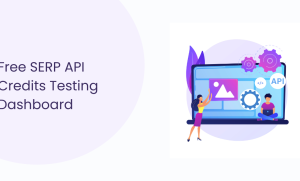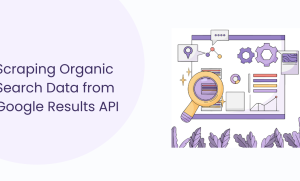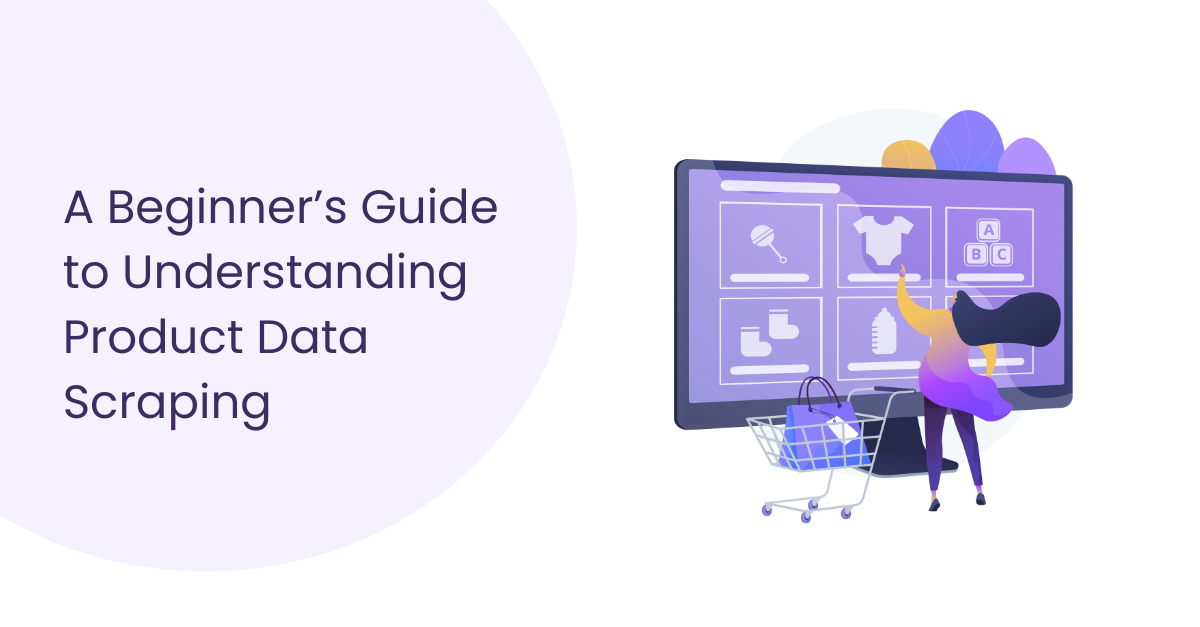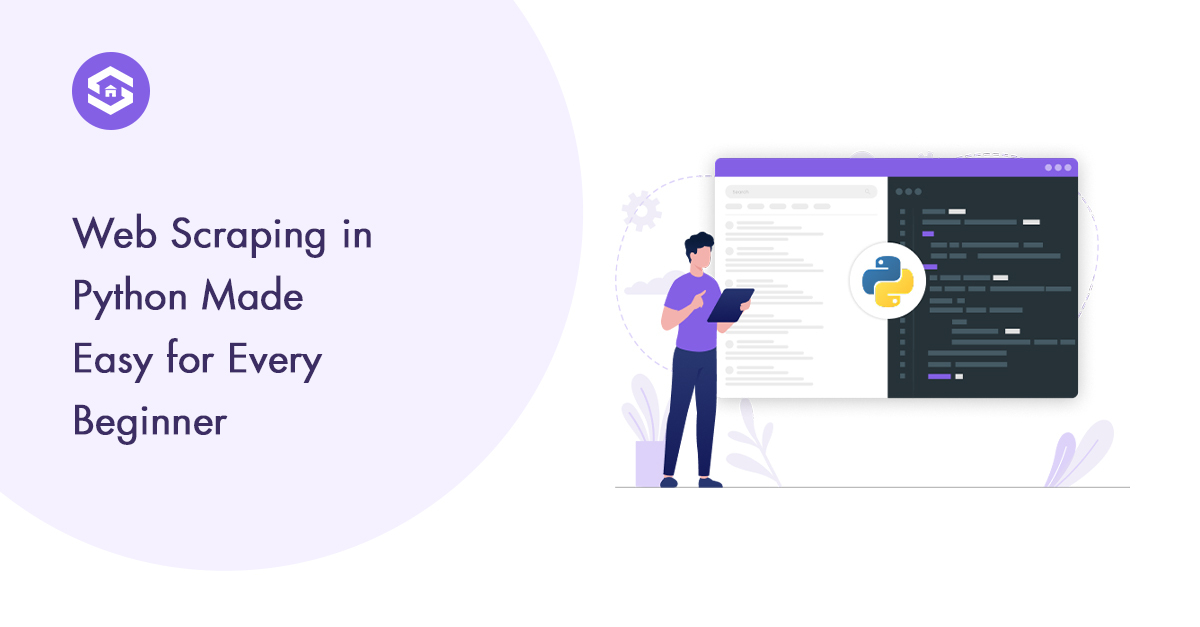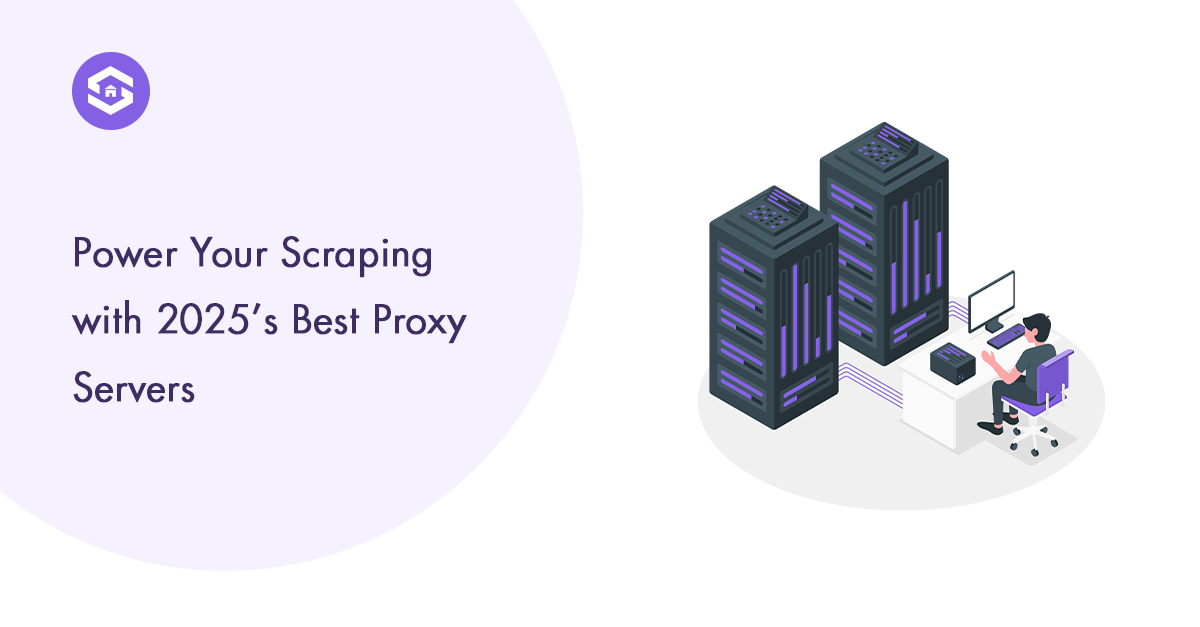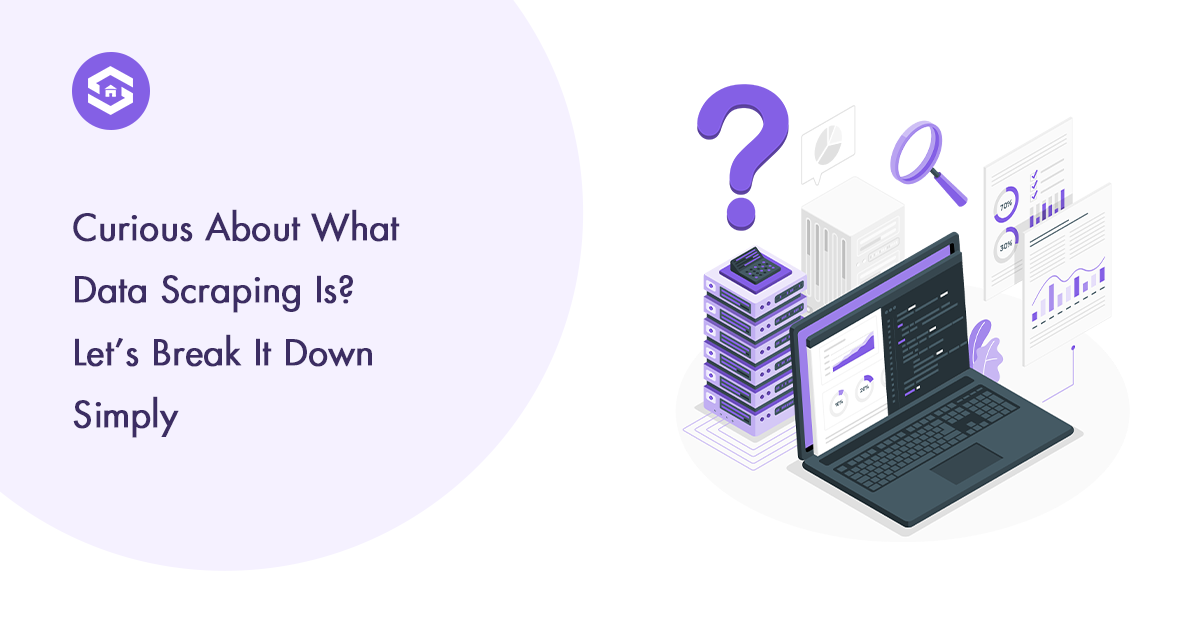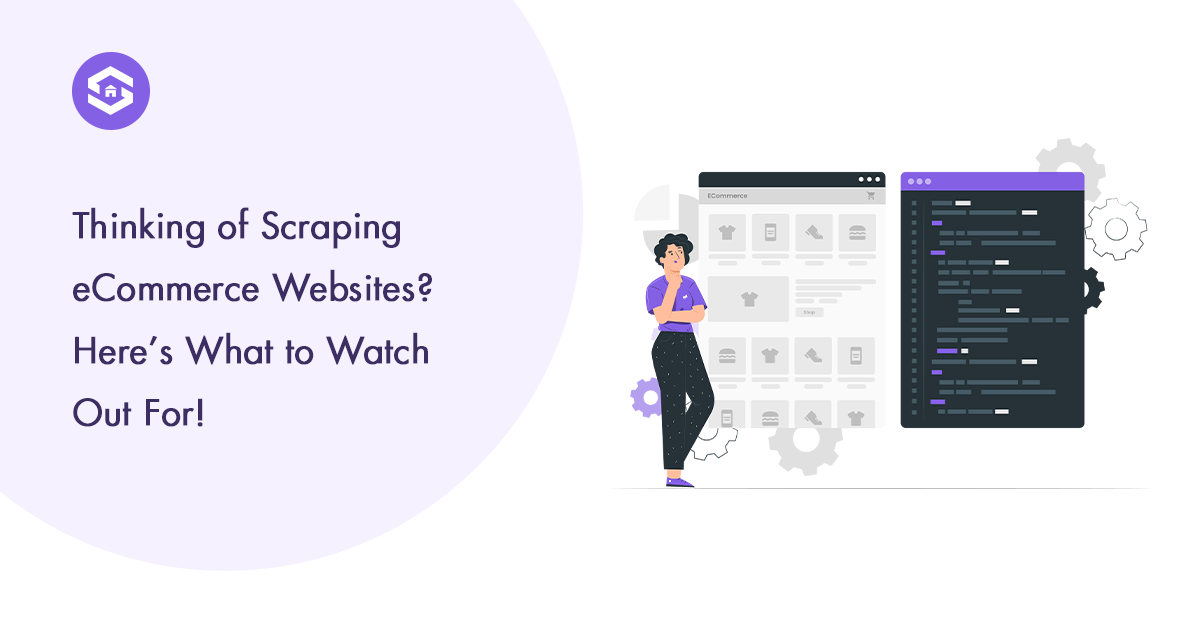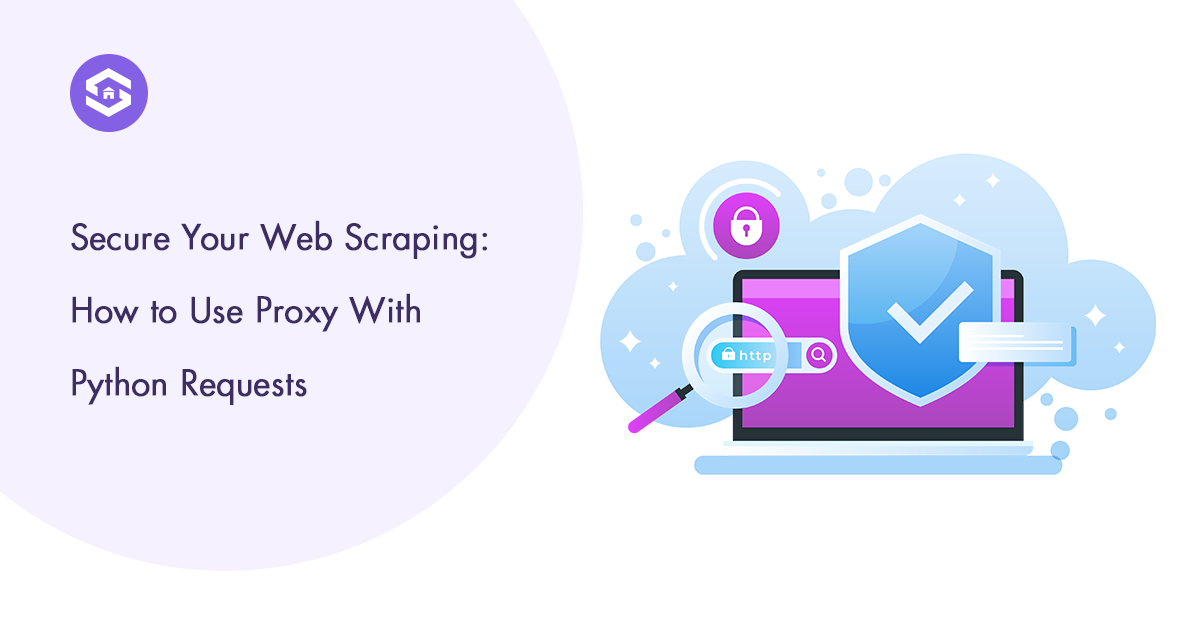Table of Contents
Table of Contents
In today’s digital age, automated web scraping has come to be an invaluable tool for extracting information from websites efficiently. Whether for marketplace studies, competitive analysis, or content aggregation, automated web scraper facilitates groups and individuals to accumulate enormous amounts of information unexpectedly. However, despite its advantages, automated web scraping comes with its own set of challenges and capacity pitfalls. Here, we explore seven common errors that users should avoid to make sure their scraping endeavours are both effective and ethical.
Introduction to Automated Web Scraping
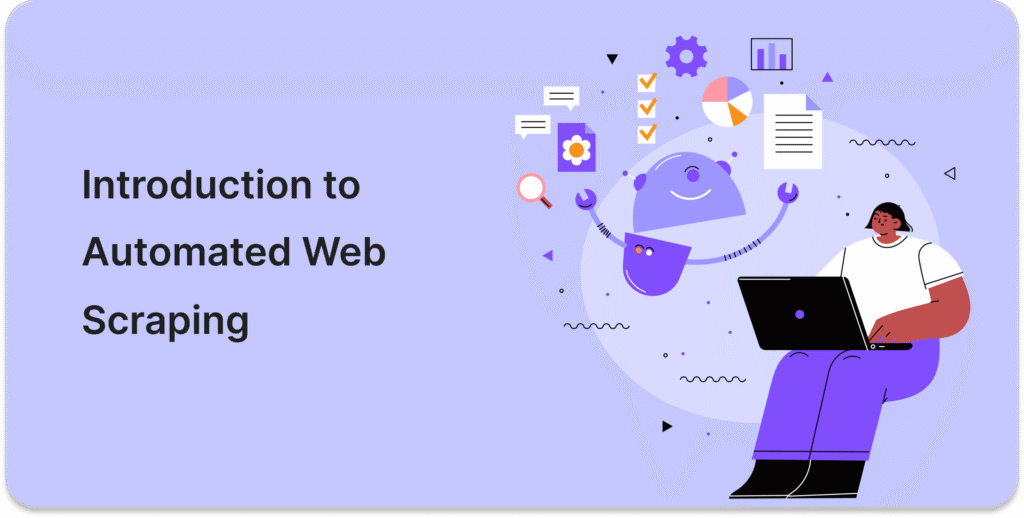
Automated web scraping involves using software to extract data from websites automatically. This process is crucial for gathering information at scale, but it requires careful planning and execution to avoid technical, legal, and ethical issues. Let’s delve into the seven critical mistakes to steer clear of when using an automated web scraper.
1. Neglecting Website Terms of Service and Legal Considerations
Ignoring website terms of service and legal restrictions is a major drawback of automated web scraping. Websites often have explicit terms that prohibit automated access to their data, especially if it impacts their server performance or violates their intellectual property rights. Ignoring these terms can lead to legal repercussions, including cease and desist letters or even lawsuits.
➤ To avoid legal issues:
- Review and respect website terms: Always read and comply with the terms of service of the websites you intend to scrape.
- Obtain permission: If necessary, seek explicit permission from website owners or administrators before scraping their data.
- Use ethical scraping practices: Adhere to guidelines such as respecting robots.txt files and limiting request rates to avoid overloading servers.
2. Overloading Target Websites with Requests
Sending too many requests to a website in a quick duration can overload its servers, leading to overall performance problems or triggering anti-scraping measures like IP blocking. This mistake disrupts your scraping process, damages your reputation, and might result in legal consequences.
➤ To manage request frequency effectively:
- Implement rate limiting: Control the frequency of requests sent to a website to avoid triggering anti-scraping mechanisms.
- Use proxy servers: Rotate IP addresses through proxy servers to distribute requests and avoid detection.
- Monitor server responses: Regularly check server responses to detect and respond to rate-limiting or IP blocking promptly.
3. Poor Data Extraction Strategy
An inefficient data extraction strategy can lead to incomplete or erroneous data, undermining the purpose of web scraping. Common mistakes include the usage of incorrect XPath or CSS selectors, failing to deal with pagination, or extracting inappropriate information.
➤ To improve data extraction efficiency:
- Plan data extraction meticulously: Identify the specific data points you need and design scraping scripts accordingly.
- Validate selectors: Test XPath or CSS selectors to ensure they accurately locate target elements on the webpage.
- Handle pagination: Implement logic to navigate through multiple pages of search results or listings seamlessly.
4. Ignoring Data Quality Assurance
Successful web scraping goes beyond extracting data; it entails ensuring the accuracy and reliability of the accrued data. Neglecting data validation and cleansing processes can result in incomplete datasets, misguided entries, or duplicates.
➤ To maintain data quality:
- Validate data entries: Verify extracted data against expected formats or patterns to detect anomalies.
- Clean data: Remove duplicates, correct formatting errors, and standardize data to enhance usability.
- Automate validation: Use scripts to automate data validation and cleaning processes for efficiency.
5. Lack of Error Handling Mechanisms
Web scraping scripts are susceptible to errors due to changes in website structure, network, or unexpected server responses. Failing to implement into effect sturdy blunders-dealing with mechanisms can cause data loss, inconsistent results, or script failures.
➤ To improve error handling:
- Implement retry mechanisms: Retry failed requests with exponential backoff to handle temporary network or server issues.
- Log errors: Maintain detailed logs of scraping activities, including error messages and response codes.
- Notify stakeholders: Set up alerts or notifications to inform relevant parties of critical errors or script failures.
6. Failing to Monitor and Maintain Scraping Scripts
Websites regularly update their design, format, or backend infrastructure, which could destroy current scraping scripts. Failing to monitor and update scripts accordingly can result in data extraction failures or erroneous results over time.
➤ To ensure script reliability:
- Monitor website changes: Regularly check for updates or changes in website structure that may affect scraping.
- Update scraping logic: Modify scripts to adapt to changes in HTML/CSS structure or data presentation.
- Schedule maintenance tasks: Establish routine checks and updates for scraping scripts to maintain performance.
7. Disregarding Ethical Considerations and Respect for Website Owners
It is important to adhere to ethical web scraping practices, which means showing respect for the rights and intentions of website owners. Disregarding ethical concerns can harm relationships, tarnish your reputation, and lead to legal action.
➤ To practice ethical scraping:
- Obtain consent: Seek permission from website owners before scraping their data, especially if it’s for commercial use.
- Respect robots.txt: Adhere to guidelines specified in a website’s robots.txt file regarding automated access.
- Transparency: Clearly state your intentions and methods when collecting data from websites to build trust and maintain ethical standards.
Future Trends in Automated Web Scraping
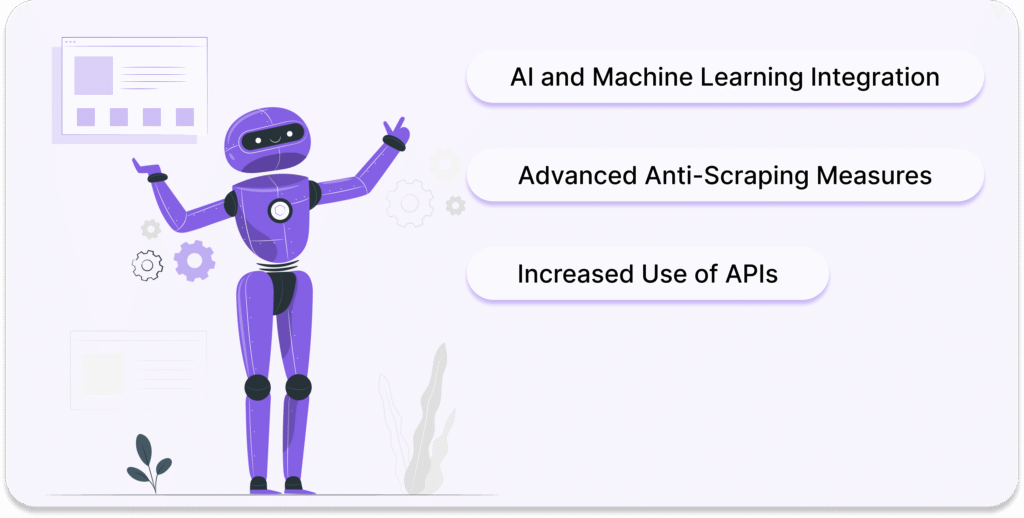
The field of automated web scraping is continually evolving, driven by advancements in technology, changes in regulatory landscapes, and the growing demand for data. Here are some future trends to watch:
AI and Machine Learning Integration:
- Smarter Scraping Tools: AI and machine learning are enhancing the capabilities of web scrapers, enabling them to better understand and adapt to complex web page structures.
- Improved Data Quality: Machine learning algorithms can help in cleaning and validating scraped data more effectively, ensuring higher accuracy and reliability.
Advanced Anti-Scraping Measures:
- Enhanced Security: Websites are implementing more sophisticated anti-scraping measures, such as advanced CAPTCHAs and behaviour-based detection systems.
- Adaptive Scraping: Future scrapers will need to become more sophisticated, using techniques like headless browsers and human-like interactions to bypass these measures.
Increased Use of APIs:
- API Integration: As websites provide more official APIs for data access, there will be a shift towards using these APIs for data extraction instead of traditional web scraping. This will ensure data is obtained legally and ethically.
Conclusion
Automated web scraping offers unparalleled efficiency in data acquisition, but it requires careful planning, adherence to legal guidelines, and ethical considerations to avoid pitfalls. By avoiding these seven common mistakes—such as neglecting legal terms, overloading servers, and ignoring data quality—you can maximize the effectiveness and integrity of your scraping efforts. Embrace best practices, stay informed about changes in web scraping regulations, and prioritize ethical conduct to leverage automated web scraper responsibly.
FAQs
Automated web scraping is useful for collecting large amounts of data quickly, performing competitor analysis, monitoring prices, and gathering insights from various online sources efficiently.
Legal issues can include violating a website’s terms of service, breaching data privacy laws, and infringing on intellectual property rights. Always ensure compliance with relevant laws and website policies.
Popular tools for automated web scraping include Beautiful Soup, Scrapy, Selenium, and Puppeteer. These tools offer various functionalities for efficiently extracting data from websites.
Tools like Selenium and Puppeteer can render the JavaScript content for JavaScript-heavy websites, allowing you to scrape the fully loaded page. Using APIs provided by the website can also be a viable option.
Ensuring scalability involves using distributed scraping setups, managing request rates, implementing efficient data storage solutions, and regularly optimizing your scraping scripts to handle large volumes of data efficiently.

